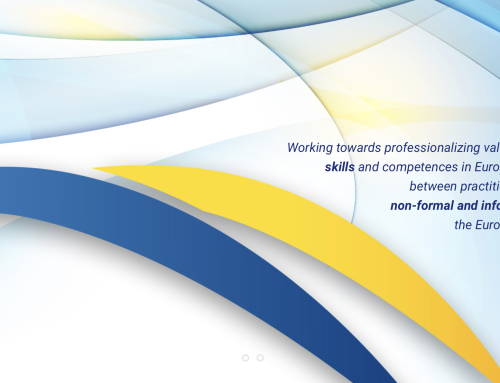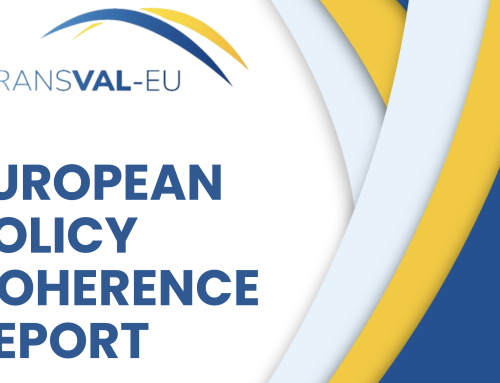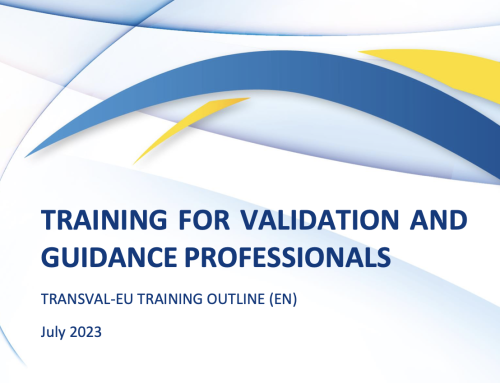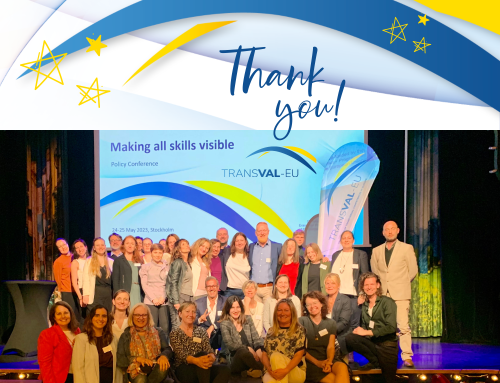Polish practitioners discuss transversal skills
What does ‘transversal’ in ‘transversal skills’ stand for? How can we validate such skills? These are the questions that the Education Research Institute asked the Polish validation and guidance practitioners who took part in two webinars promoting the TRANSVAL-EU project. Nearly forty specialists from different fields and institutions joined online on the 18th and 25th of November 2021. IBE invited them to discuss the topic, share their experiences and to consider applying for the national field trials planned for 2022. To encourage active participation IBE opted for small working groups, short presentation modules, real-time note-taking on a virtual whiteboard and voting in Mentimeter.
While reflecting on transversal skills, the participants focused mainly on ‘soft skills’, as well as attitudes – to one’s work, one’s learning and to others, especially coworkers. When asked to choose the most important transversal skill from a list proposed by us and based on the transversal skill framework developed in the TRANSVAL-EU project, ‘development of one’s competences’ took the 2nd place during both webinars, once giving way to ‘critical thinking’ and once – to ‘verbal communication’.
Unsurprisingly, given the focus on soft skills and attitudes, the main challenge related to validation identified by the participants was creating an objective, quantifiable scale or a set of criteria for measuring them. Time was another significant constraint proposed by the practitioners. An overall sentiment towards validating transversal skills prevalent among the webinars’ participants was that recognising such skills is crucial from the point of view of employability, but at the same time seems a difficult task for practitioners.
The popularity of the two webinars, as well as the overwhelmingly positive feedback provided by the participants in the evaluation forms, shows that the aims of the TRANSVAL-EU project are important and valid in the Polish context. Developing a common language related to transversal skills in the form of a framework, defining the difference between skills and attitudes and finally – proposing concrete, reliable tools for validating them, is an adequate answer to the practitioners needs. The next step that will provide an additional verification of these conclusions, will be the recruitment process to the field trials in the following months.
By Iwona Gmaj, Aleksandra Wójcicka, Barbara Fijałkowska, Roksana Pierwieniecka
Educational Research Institute, Poland




